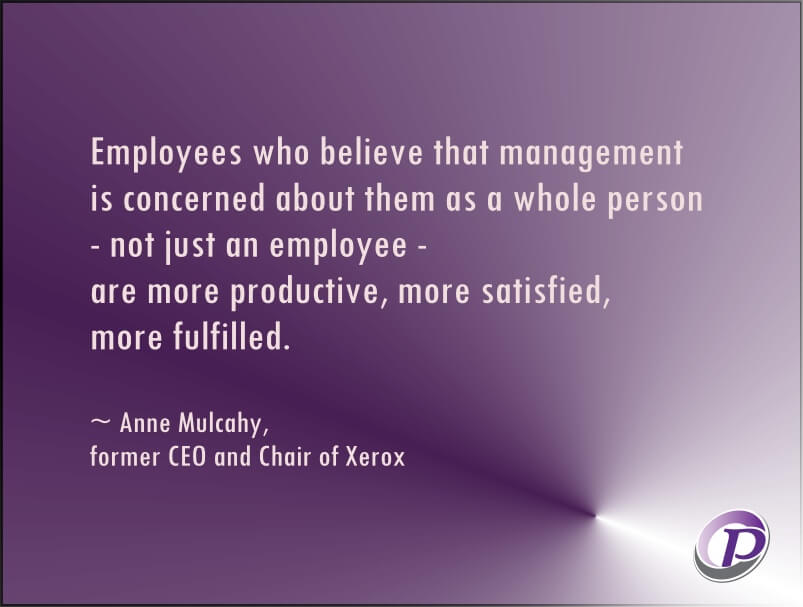
2 min readThe Complete Manager
by Guy Gage | July 17, 2022 | Business, Leadership, Uncategorized

Manager Today
Being a manager today is a difficult task. With all the craziness around remote work, it has only intensified and makes it more difficult to be effective and successful. Here are two observations.
First, we use the label loosely. “Manager” as a title is different from manager as a function. You can manage regardless of your title. And you can hold the title of Manager without managing effectively.
Second, most managers don’t fully manage. Most managers get the promotion primarily due to their technical competence and years of experience. There really isn’t much required in demonstrating other factors, such as the ability to delegate or to create a motivating environment.
Four Functions
Here are four functions of a complete manager. All are important. All are necessary.
- Manager as performer. Managers must demonstrate that they are good, hard workers. They are able to apply the law, code and regulation to specific client situations and much attention is paid to learning the ropes. It’s an import one, but not the only one.
- Manager as producer. Managers must get results, usually noted in producing accurate and timely deliverables. They show competence and dependability.
- Manager as motivator. While no one can motivate someone else, managers must create motivational environments for their people. Since everyone is different, managers seek out ways to create settings that are appropriate for their individual staff.
- Manager as coach. Helping workers to develop disciplines and routines is an often-missed opportunity to fully manage. Younger staff usually struggle with assessing priorities, their time and good decisions. Complete managers know how to develop their staff into high performing professionals.
Most mangers do a couple of these four functions really well. That’s how they got to where they are. It’s the remaining functions where they stumble from being great managers.
Two Concerns
In my partner and manager coaching, I often hear two comments about their manager style that are unsettling. One is that they manage in a hands-off fashion. That preference is fine with more proven or achievement-oriented staff, but unfortunate for the staff who need more interaction, have questions or need direction. And being too far away from the engagement’s progress is always detriment.
Another comment is that they manage by always knowing what’s going on with every engagement. It sounds admirable to be able to speak specifically at any time about where every engagements is, but sometimes is overplayed to becoming a micromanager. That’s unfortunate for the staff who have earned the right to be trusted to get their work done without constant oversight.
Be Complete
The complete manager knows the engagement requirements, their time constraints and the needs of their staff, and then adjust their managerial approach accordingly. Rather than wanting everyone to cater to their preferences, the complete manager also accommodates the needs of the entire situation.
Being a manager is difficult. Being a complete manager requires even more diligence. Strive to be a complete manager.
Read Related Blogs:
Overcoming Resistance: The Pain Point That Sparks Firm Change
Change is tough, especially in accounting firms where partners often resist new strategies. As outlined Guy Gage’s recent article, Breaking Through Partner Resistance, transformation occurs when the pain of sticking to the status quo outweighs the fear of change. This...
Igniting the Spark
In February, a senior manager attended our Leading Your Team course. The program explores how managers can better understand and lead their team members by recognizing different working and relational styles. For him, this experience marked a turning point. He walked...
Leading with Certainty: Anchoring Leadership in Vision and Values
Effective leadership is grounded in the certainty of what is known: the long-term vision, enduring values, and guiding principles that define an organization’s identity. In a recent coaching conversation with a senior leader navigating a period of rapid change, this...



